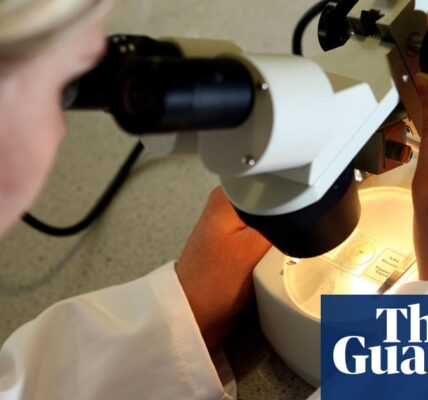According to a study, indulging in comfort food can hinder the body’s ability to recover from stress.

According to research, consuming high-fat foods as a coping mechanism during periods of stress can hinder the body’s ability to bounce back from the tension.
When under stress, individuals often resort to consuming unhealthy snacks like chocolate and crisps. However, studies have shown that this can lead to decreased blood flow to the brain and contribute to impaired vascular function. This can have detrimental effects on mental well-being, cognitive abilities, and potentially increase the chances of developing heart disease.
The scientists propose that individuals refrain from indulging in tempting treats by snacking on fruits and vegetables as an alternative.
“We observed a group of young adults, ages 18 to 30, in this study and the extent to which their bodies respond to stress after consuming fatty foods is remarkable.”
“For individuals with a heightened risk of cardiovascular disease, the consequences could be heightened even further. While stress is a common factor in our daily lives, it is particularly concerning for those in high-stress occupations and with an existing risk for cardiovascular disease. These findings serve as a reminder to take appropriate precautions to minimize risks rather than exacerbate them.”
A group of young and healthy individuals were included in the research, where they were provided with two butter croissants as their breakfast. These participants were then instructed to perform mental calculations at a gradually increasing pace for a duration of eight minutes. They were notified whenever they made a mistake and were able to view their own performance on a screen.
The study revealed that consuming high-fat foods during periods of mental stress resulted in a 1.74% decrease in vascular function. Past research has indicated that a 1% decline in vascular function corresponds to a 13% rise in the risk of cardiovascular disease.
Rosalind Baynham from the University of Birmingham, who was the primary author of the study, stated that the purpose of the experiment was to replicate the common stressors that we may encounter in our daily lives, whether at work or at home. It was observed that when we experience stress, our body responds in various ways such as an increase in heart rate and blood pressure, dilation of blood vessels, and an increase in blood flow to the brain. The study also found that exposure to mental stress can have a negative impact on the elasticity of our blood vessels, which is a measure of their function.
after newsletter promotion
A study published in Frontiers in Nutrition and Nutrients found that including more nutritious foods in one’s diet, especially ones high in polyphenols like cocoa, berries, grapes, apples, and other fruits and vegetables, can help prevent damage to vascular function.
Source: theguardian.com


